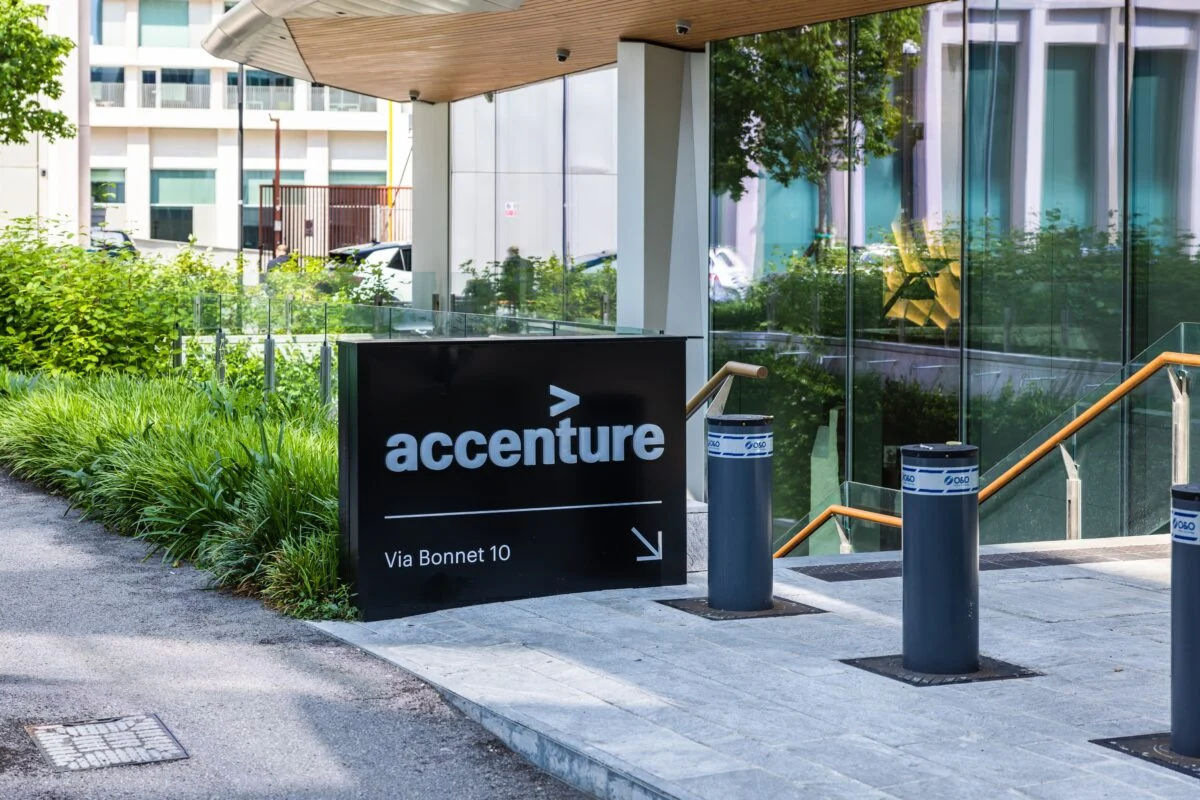
…AI Is Changing the Workplace — And Costing Jobs at Companies Like Accenture
The rise of artificial intelligence is bringing massive changes to how companies operate — and who they choose to keep on the payroll. A clear example of this shift is what’s happening at Accenture, one of the world’s leading consulting and IT firms. The company recently revealed it had cut 11,000 jobs in just the past three months, as part of a sweeping $865 million restructuring plan.
This isn’t just about trimming costs — it’s about pivoting hard toward a future powered by AI, cloud computing, and data-driven services. Accenture’s global workforce has dropped from 791,000 to 779,000 as of August 2025, and the company suggests there may be more layoffs to come.
CEO Julie Sweet says the company still believes in reskilling — helping current employees learn the new skills they need to stay relevant. But she also admitted that not everyone can be retrained fast enough to keep up with the speed of AI adoption. While many workers are being offered retraining programs in areas like AI, data analytics, and cloud technologies, the reality is that automation is moving faster than human adaptability.
This trend isn’t unique to Accenture. Other big players like Tata Consultancy Services (TCS), India’s largest IT company, have also laid off tens of thousands of workers in 2025. Even though TCS hasn’t directly blamed AI, it’s clear that the launch of their new AI-focused division ties into their staffing changes.
Across the tech world, companies like Microsoft, Meta, Amazon, Google, Intel, and Panasonic have all made significant job cuts this year. Microsoft, for example, let go of thousands as it reshaped its internal teams around AI tools. Amazon reduced staff on its Alexa team as generative AI started taking the spotlight.
The takeaway? AI is not just a tool — it’s reshaping entire business models. And while companies continue to say they’ll support workers through the shift, the gap between technology’s speed and human reskilling is becoming harder to ignore.
For employees, this means a new reality: learning to work with AI is no longer optional — it might be the key to keeping your job.






